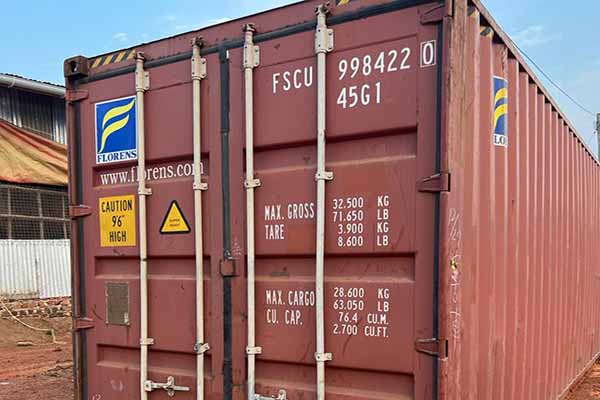Understanding the Chicken Farm Registration Process in Kenya
Time : 2025-06-27
The poultry industry is a vital component of Kenya’s agricultural sector, providing employment opportunities, food security, and economic growth. In Kenya, the process of registering a chicken farm is governed by the Kenya Veterinary Services (KVS), which ensures compliance with the country’s health and safety regulations. This article provides a comprehensive guide on the chicken farm registration process in Kenya, emphasizing the importance of adhering to the guidelines to maintain a successful and professional operation.
Introduction to the Registration Process
Before commencing the chicken farm registration process, it is crucial to understand the regulatory framework and the significance of compliance. The KVS is responsible for overseeing the registration of poultry farms, ensuring that they meet the necessary standards for animal health, biosecurity, and environmental protection.
Eligibility Criteria
To be eligible for chicken farm registration in Kenya, the following criteria must be met:
– The farm must be located within Kenya’s borders.
– The farm must be dedicated to the production of chickens.
– The farm owner must be a Kenyan citizen or a legally registered entity.
– The farm must comply with all local and international health and safety regulations.
Step-by-Step Registration Process
The chicken farm registration process in Kenya involves several stages. Below is a detailed guide to help you navigate through the process:
Step 1: Pre-Registration Assessment
Before registering a chicken farm, the owner must conduct a pre-registration assessment to ensure compliance with the required standards. This assessment includes:
– Identifying the type of chicken production (e.g., layer, broiler, breeding).
– Assessing the farm’s layout and infrastructure.
– Ensuring the availability of appropriate biosecurity measures.
Step 2: Application for Registration
Once the pre-registration assessment is complete, the farm owner must submit an application for registration. The application should include the following documents:
– A completed application form, available from the KVS.
– Proof of ownership (e.g., land title deed).
– Proof of citizenship or legal entity registration.
– A detailed farm plan, including layout, infrastructure, and biosecurity measures.
– A declaration of compliance with health and safety regulations.
Step 3: Assessment and Approval
Upon receiving the application, the KVS will conduct an on-site assessment to verify the information provided. The assessment may include:
– Examination of the farm’s layout and infrastructure.
– Evaluation of biosecurity measures.
– Verification of compliance with health and safety regulations.
If the assessment is successful, the KVS will issue a registration certificate, granting the farm legal status.
Step 4: Ongoing Compliance and Reporting
After obtaining the registration certificate, the farm owner must maintain compliance with the KVS’s guidelines. This includes:
– Regularly updating the farm’s records and maintaining accurate records of animal movement, feed, and medications.
– Conducting regular health checks and vaccinations for the chickens.
– Reporting any health issues or outbreaks to the KVS immediately.
Importance of Professional Equipment in Chicken Farming
Professional equipment plays a crucial role in the success of a chicken farm. The following are some essential pieces of equipment for a well-run chicken farm:
– Feeding systems: Automated feeding systems ensure that chickens receive a balanced diet and reduce the risk of feed waste.
– Water systems: Continuous access to clean, fresh water is vital for the health and productivity of chickens.
– Lighting systems: Proper lighting helps regulate the chickens’ circadian rhythm, ensuring optimal growth and egg production.
– Manure management systems: Efficient manure management systems help reduce the risk of disease and maintain a healthy environment for the chickens.
– Biosecurity equipment: Sanitation stations, protective gear, and other biosecurity equipment are essential for preventing the spread of disease.
Conclusion
The chicken farm registration process in Kenya is a critical step for any poultry farmer looking to operate legally and professionally. Adhering to the guidelines and maintaining compliance with the KVS’s requirements is essential for the success and sustainability of your farm. By investing in professional equipment and prioritizing biosecurity and animal health, you can create a thriving and profitable chicken farm in Kenya.












